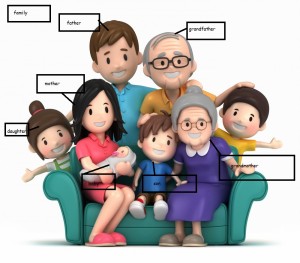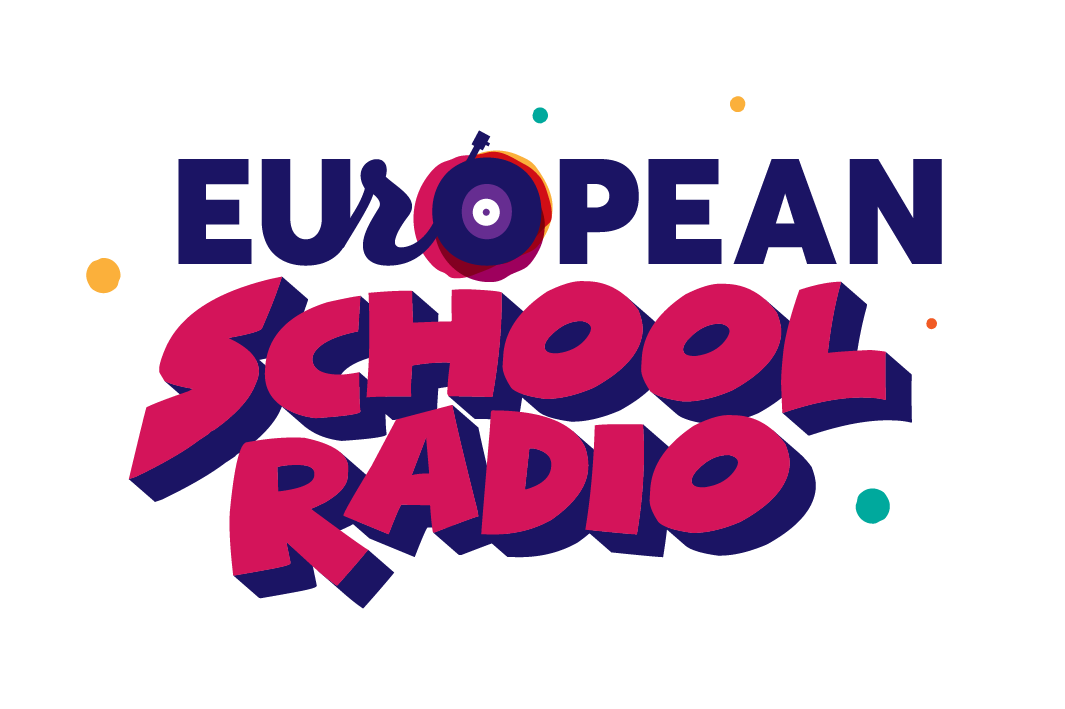Primary School
Φωτόδεντρο_Αγγλικά (Photodentro_english section)
Το Φωτόδεντρο ειναι ένας ιστότοπος οπου θα βρείτε υλικό για τα Αγγλικά, του Ψηφιακού Σχολείου.
Στόχος του είναι η ενημέρωση των καθηγητών αγγλικής του ελληνικού δημόσιου σχολείου, των σχολικών συμβούλων και όλων όσων εμπλέκονται με τη διδασκαλία της αγγλικής γλώσσας στην Ελλάδα.
Εδώ θα βρείτε πληροφορίες και ψηφιακό εκπαιδευτικό υλικό που αναπτύχθηκε στο πλαίσιο του Έργου
«Ψηφιακή Εκπαιδευτική Πλατφόρμα, Διαδραστικά Βιβλία και Αποθετήριο Μαθησιακών Αντικειμένων»,
το οποίο συγχρηματοδοτήθηκε από την Ευρωπαϊκή Ένωση (ΕΚΤ) και το Ελληνικό Δημόσιο στο πλαίσιο του ΕΠ
«Εκπαίδευση και Δια Βίου Μάθηση» του ΕΣΠΑ 2007-2013 και υλοποιήθηκε από το ΙΤΥΕ «ΔΙΟΦΑΝΤΟΣ».
Για περισσότερες πληροφορίες περιηγηθείτε στο site στο ακόλουθο λίνκ:
AESOP_ELECTRONIC SENARIOS_ENGLISH LANGUAGE
Στην Πλατφόρμα Ψηφιακών Διδακτικών σεναρίωνπου δημιουργήθηκε αποτο ΙΕΠ μπορεί κανείς να βρεί χρήσιμο ψηφιακό υλικό
για χρήση στην τάξη για όλες τις βαθμίδες εκπαίδευσης!
Follow the link: http://aesop.iep.edu.gr/senaria?f%5B0%5D=field_ekp_vathm%3A2&f%5B1%5D=field_thematiki%3A23
Ενιαίο Πρόγραμμα Σπουδών για τις ξένες γλώσσες στο Δημοτικό και στο Γυμνάσιο.
Ανακοινώθηκε στην εφημερίδα της κυβέρνησης το Ενιαίο Πρόγραμμα Σπουδών στις Ξένες Γλώσσες για το δημοτικό και το γυμνάσιο με αρ.φύλλου 2871-9/9/2016
Storytelling _D class_Primary school
At the post-reading stage the learners can dramatize the text or predict what is going to happen next
Opportunities for extensive reading activities could also be provided by introducing storytelling in your teaching
practice and, even better, set up a simplified reader library. As it has been established through research, few contexts
are as purposive, pleasurable and meaningful for young learners as a story (Ferrel and Nessel, 1982 and Travers,
1988). Stories stimulate and sustain interest and set the foundations for language development, as they expose
children to the richness and magic of the language, which no coursebook can ever offer. They also offer the benefit
of the integrating power of reading together and sharing the same experiences, a power that unifies the class and
creates stronger bonds among the children and the teacher (Brumfit, Moon and Tongue, 1991). Familiarize your
students with regular reading sessions (at the end of each unit, as a special treat) and ask them to guess the ending
of the story or challenge the well-known ending by producing their own. Dramatize the story in class, splitting one
role among several students, so that they can all participate. Traditional British stories expose the learners to cultural
elements of the language and there are numerous available. Any of the following titles could be found at a simplified
enough level for such young learners:
- The Elves and the Shoemaker
- The Three Little Pigs
- The Gingerbread Man
- The Little Red Hen
- The Princess and the Pea
- The Sly Fox and the Little Red Hen
- The Three Billy Goats Gruff
- Chicken Licken
- Goldilocks and the Three Bears
- The Magic Porridge Pot
- The Ugly Duckling
- The Emperor’s New Clothes
- Thumbelina
- The Town Mouse and the Country
- Mouse
- Sleeping Beauty
- Puss in Boots
- Rumplestitskin
- Rapunzel
- Little Red Riding Hood
- Pinocchio
- Hansel and Gretel
- Jack and the Beanstalk
- Cinderella
- Beauty and the Beast
- Snow White and the Seven Dwarfs
- Tom Thumb
- The Little Mermaid
- The Wizard of Oz
- Peter and the Wolf
- The Enormous Turnip
- The Big Pancake
- The Princess and the Frog
- The Boy who cried Wolf
source: http://ebooks.edu.gr/new/classcoursespdf.php?classcode=DSDIM-D
aesop platform_English language digital scenarios
Follow the link and discover useful scenarios to practise english language at school






